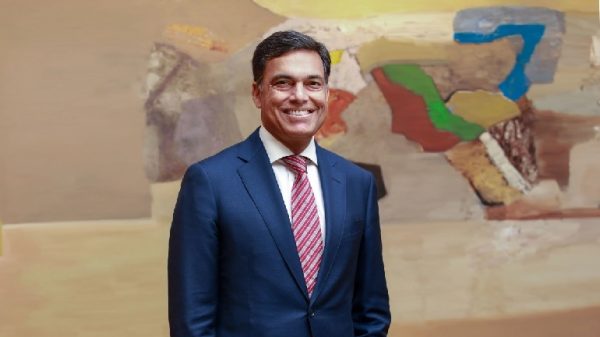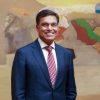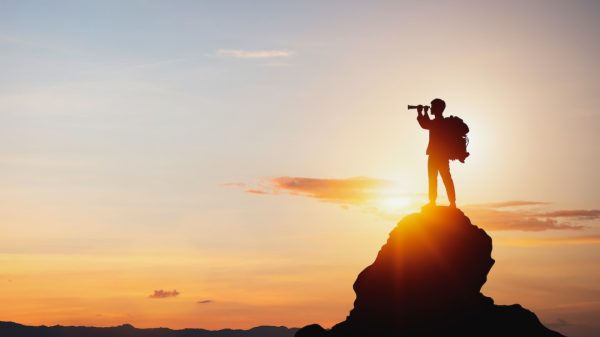Whether you adore or abhor them, it’s an undeniable truth: millennials are on the brink of assuming power in America.
This isn’t a mere conjecture but a certainty grounded in the relentless march of time and the biological progression of human life. Millennials, born between 1981 and 1996, already constitute the largest living generation and the dominant demographic in the workforce. They outnumber Gen X (born 1965–1980) and are poised to surpass baby boomers (born 1946–1964) as the predominant voting bloc in America. Their entrepreneurial ventures have reshaped the economy, their cultural preferences have reshaped society, and their profound engagement with social media has redefined human interaction. Now, the realm of American politics stands poised for disruption.
When this shift inevitably occurs, it may feel like a seismic upheaval, primarily because millennials espouse distinct political ideologies compared to the current establishment. Millennials exhibit greater racial diversity, a heightened awareness of systemic structures, and a more progressive social outlook than either Gen X or baby boomers across a broad spectrum of issues. They advocate for government-supported healthcare, relief from student debt, the legalization of marijuana, criminal justice reform, and urgent action on climate change. The millennial wave approaches; the only uncertainties lie in its timing and velocity.
So, what will America look like under millennial leadership? I embarked on a three-year journey to explore this question, crisscrossing the nation and engaging with the young leaders who represent the vanguard of their generation in public office. I conversed with Democratic luminaries like Representative Alexandria Ocasio-Cortez and former South Bend, Ind., Mayor Pete Buttigieg, as well as rising Republican stars like Representatives Elise Stefanik and Dan Crenshaw. My encounters extended to rookie Democratic Congresswomen like Lauren Underwood and Haley Stevens, and various local leaders from coast to coast, including Stockton, Calif., Mayor Michael Tubbs and Ithaca, N.Y., Mayor Svante Myrick. The culmination of this endeavor is my book, “The Ones We’ve Been Waiting For.”
While my initial aim was to discern millennials’ beliefs and motivations, what emerged was something more profound: a glimpse into the future of our nation. Millennials are ascending to positions of political influence at a time when America is increasingly dominated by an aging cohort. Donald Trump, the oldest first-term President in U.S. history, garnered his electoral victory largely from the support of older, white voters. The halls of power in Washington are populated by senior citizens like Commerce Secretary Wilbur Ross and Senate Majority Leader Mitch McConnell, individuals whose formative experiences predate the digital age and the complex challenges it presents.
However, age alone does not define political relevance. Figures like Bernie Sanders, whose ideals resonate deeply with the emerging millennial electorate, have surged to prominence, while others like Buttigieg have cultivated support across generational divides. Nonetheless, the overarching narrative remains one of generational transition, with younger voices poised to exert greater influence on the trajectory of American politics.
Yet, this youth-driven paradigm shift will not materialize overnight. Historically, young people have exhibited lower voter turnout compared to their older counterparts, and systemic obstacles such as geographic disparities, gerrymandering, and voter suppression tactics may temper millennials’ electoral impact. Nevertheless, a progressive youth movement is on the horizon, fueled by the collective experiences of millennials who came of age amidst economic instability, social upheaval, and geopolitical uncertainty.
The generational divergence evident in the Democratic primary reflects this dynamic. Candidates like Buttigieg, who emerged from the crucible of the “school-shooting generation” and advocate for urgent climate action, exemplify the generational ethos driving the Democratic Party’s evolution. Conversely, establishment figures like Joe Biden and Bernie Sanders, while commanding significant support, represent an older guard whose policies are being scrutinized through a millennial lens.
In essence, America stands on the precipice of a profound transformation, shaped by the values and aspirations of its youngest citizens. The outcomes of the forthcoming elections will provide insight into the extent to which this generational shift has already taken root.




















